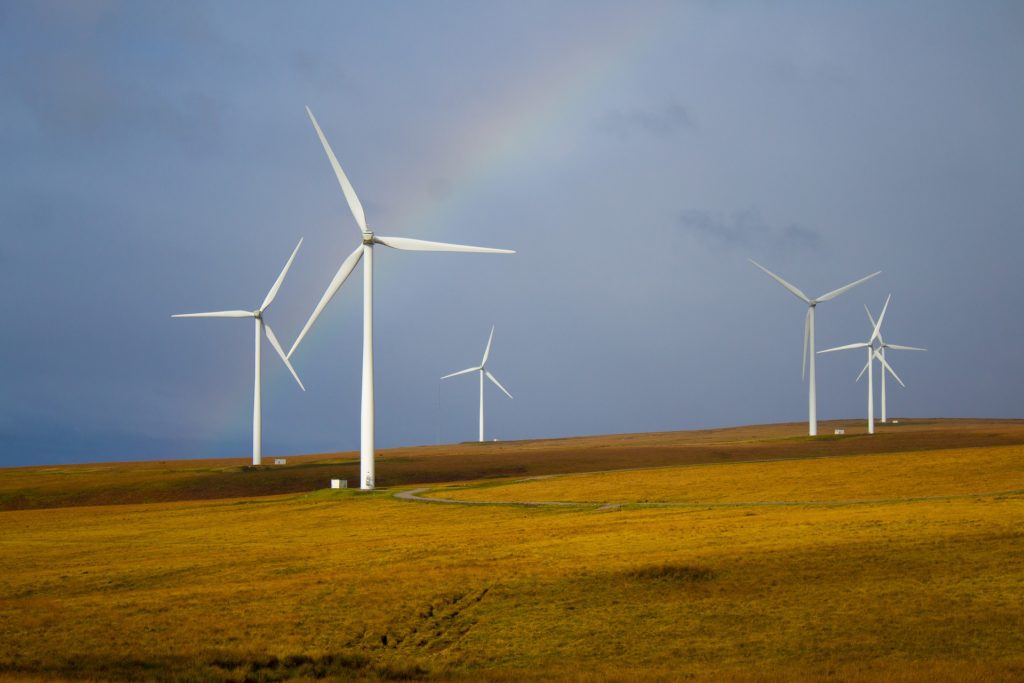TASHKENT
Uzbekistan and Saudi Arabia’s ACWA Power signed an agreement to build a 1,500 MW wind farm in the country’s northwestern Karakalpakstan republic, which is expected to become the largest in Central Asia, the Energy Ministry said.
The agreement was signed between Uzbekistan’s Energy Ministry, the Ministry of Investment and Foreign Trade and Saudi energy company ACWA Power.
After completion the wind farm is expected to cover the electricity needs of approximately four million households and offset approximately 2.5 million tonnes of carbon dioxide per year, the Energy Ministry said in a statement.
“This project is another landmark achievement for your country and strengthens ACWA Power’s commitment to work with fast-growing markets such as Uzbekistan to achieve its ambitious renewable energy goals and sustainable development goals,” Mohammad Abunayyan, ACWA Power chairman, said.
Uzbekistan, which generates 85 percent of its electricity in thermal power plants, plans to reduce its dependency on natural gas and coal and develop its renewable energy sector.
“As an energy producer, we are learning a lot from our Middle Eastern and especially Saudi partners in the transition to a low-carbon economy,” Sherzod Khojaev, Uzbekistan’s deputy energy minister, said in a statement.
“The ACWA Power project will greatly contribute to this process. Our plan is to produce 25 percent of electricity from renewable energy sources by 2030,” he said.
ACWA Power has become Uzbekistan’s closest partner in the energy sector. Earlier this year it has signed power purchase and investment agreements on two wind power projects in Bukhara and Navoi regions, with a combined power generation capacity of 1,000 MW.
Last year Uzbekistan’s Energy Ministry and the Saudi company signed a 25-year Power Purchase Agreement with a total investment value of $1.2 billion for the development, construction and operation of a 1,500 MW Combined Cycle Gas-Turbine power plant in the central Sirdarya region.
Uzbekistan has been carrying out reforms in its energy sector to modernise its ageing infrastructure and implement energy-efficient technologies, as well as to develop clean energy.
In April, President Shavkat Mirziyoyev signed a decree to build a hydrogen energy infrastructure to help the country with its transition to a greener economy.
Uzbekistan, whose 35 million people make it Central Asia’s largest country by population size, is taking steps to improve its investment climate after more than two decades of economic isolation that kept foreign and private businesses at a distance.
Mirziyoyev, once a prime minister under the old regime, has led the change through an ambitious programme of unexpectedly swift economic reforms, as well as some political ones. He has made attracting foreign investors one of the top priorities in his ambitious plan to open Uzbekistan to the outside world.

